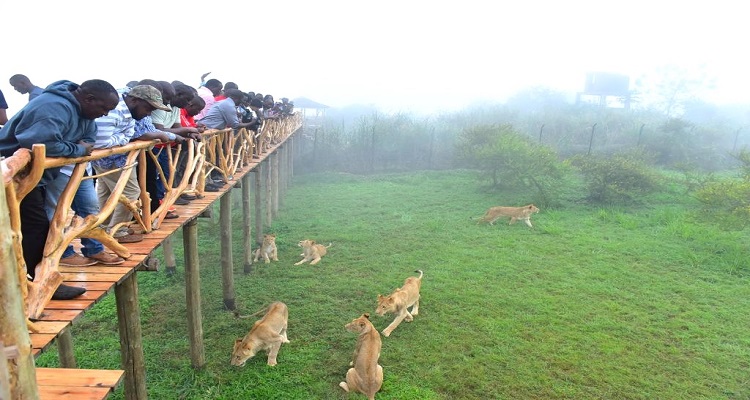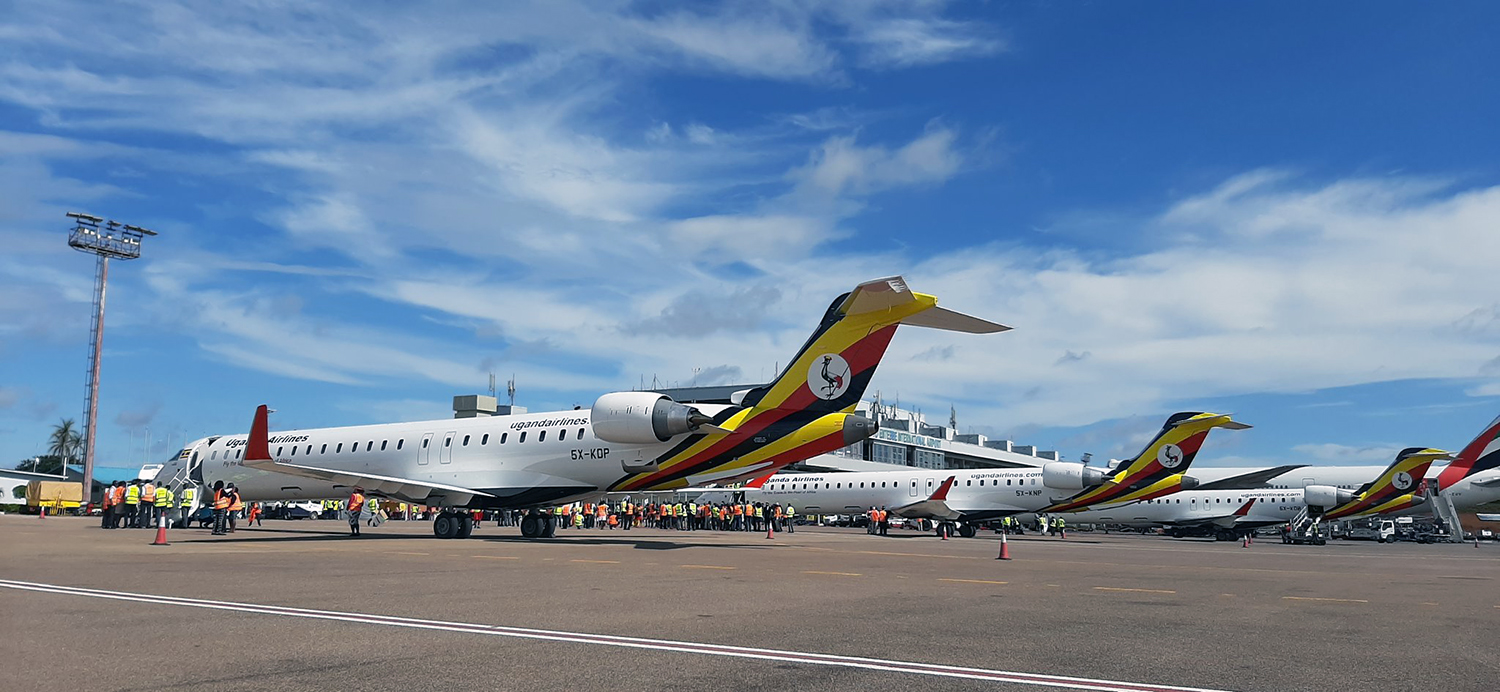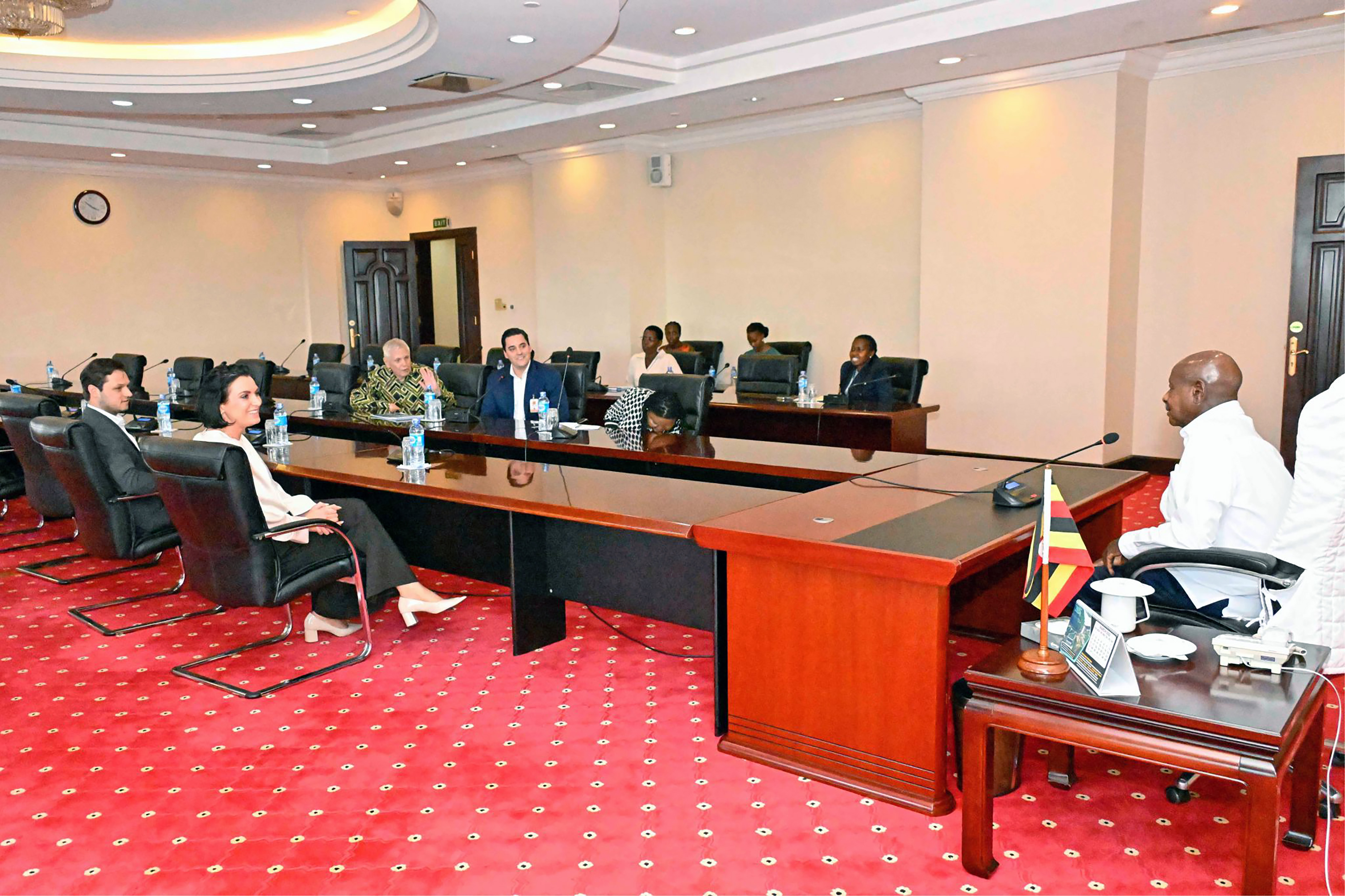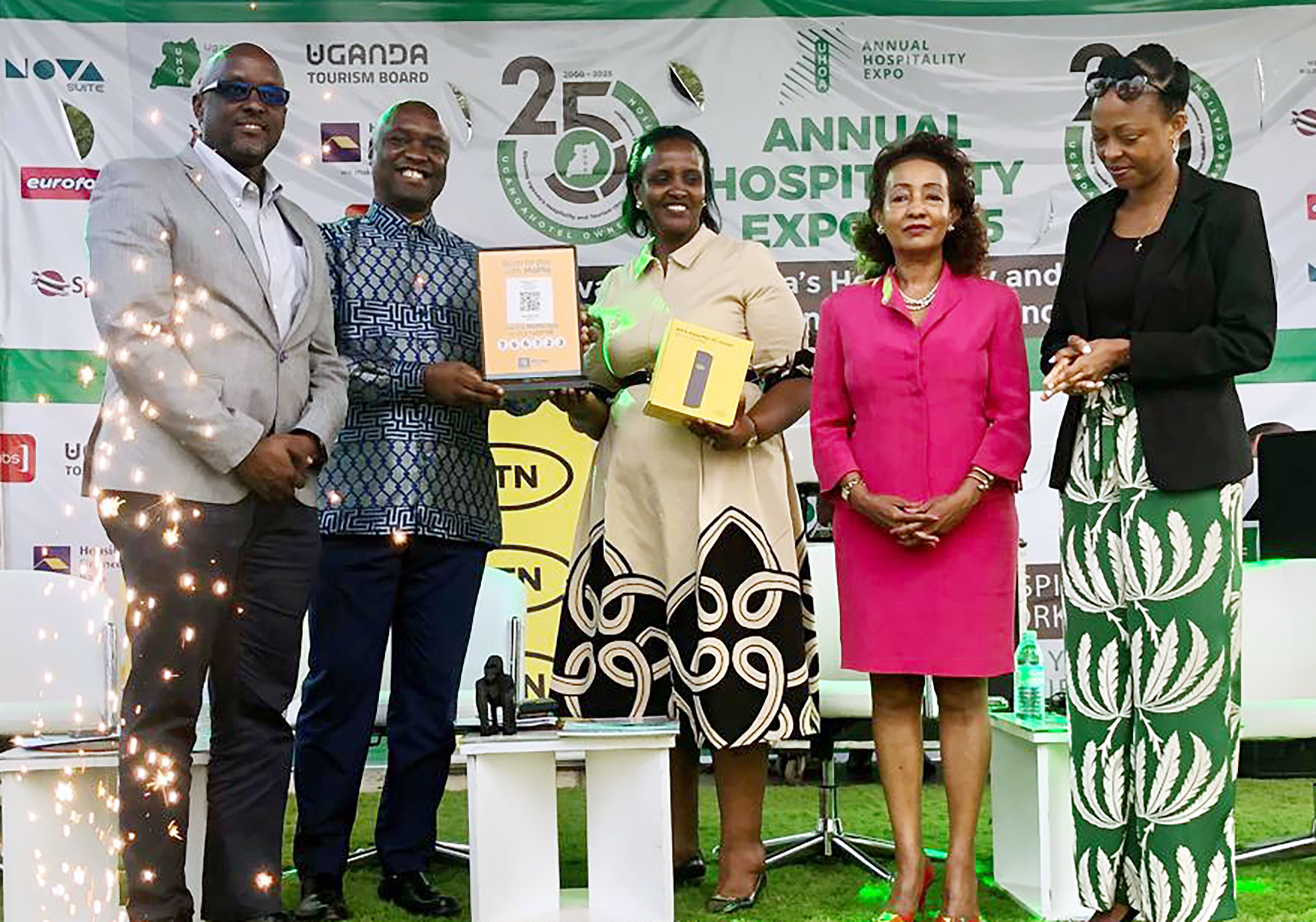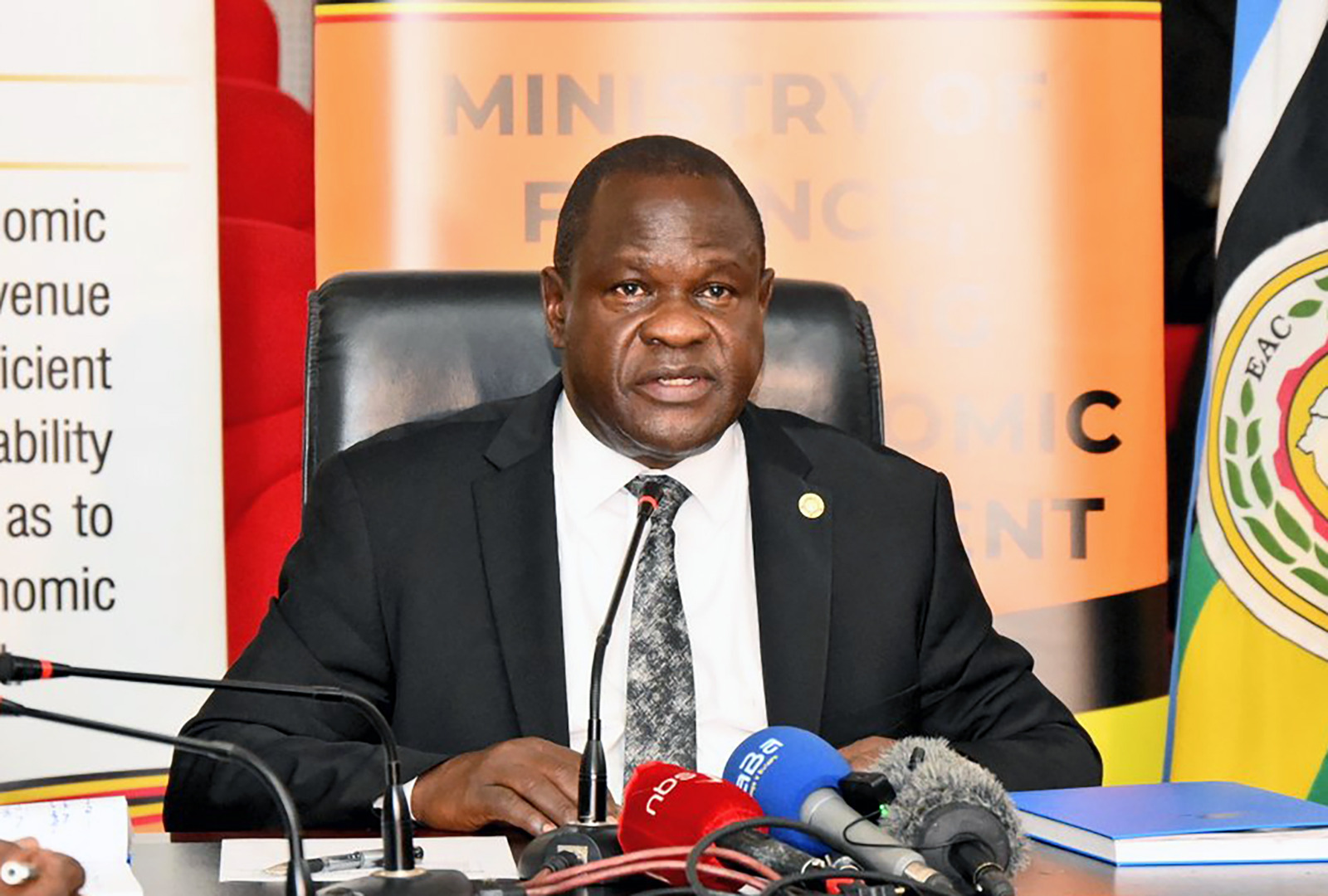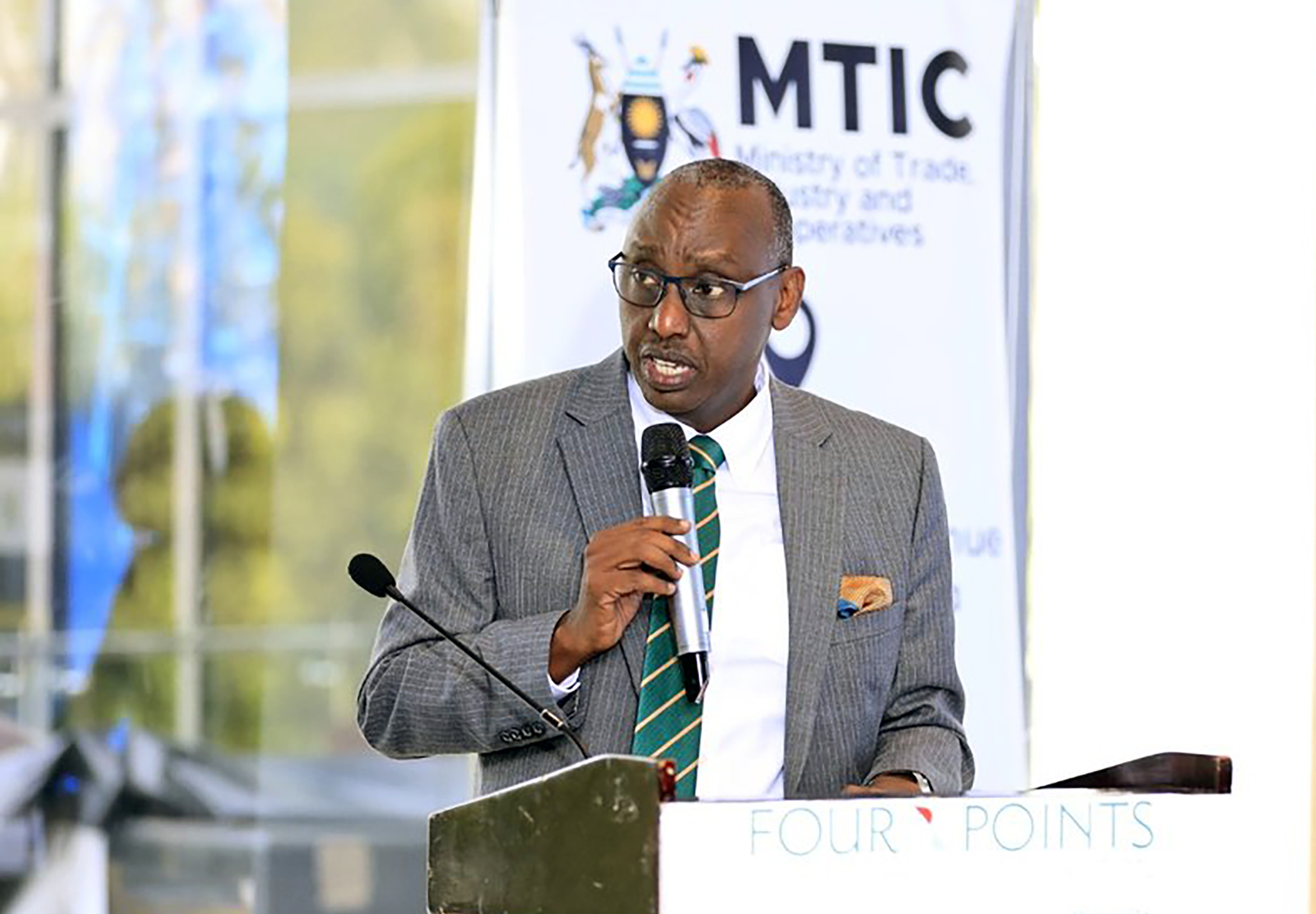Agro-tourism set to boost visitor numbers, revenue

A tourist learns how to milk a cow at Kabeihura Farmers Limited, an agri-tourism facility in Bushenyi District.
Agri-tourism, the type of tourism that combines agriculture and tourism, is emerging as a key frontier to diversify Uganda’s tourism industry beyond traditional wildlife safaris and cultural tours, with experts projecting it could contribute at least UGX 500 billion ($135 million) to national revenue by 2030.
The sector, if fully developed, could generate over 100,000 jobs, driving rural development and economic growth.
While Uganda is globally recognized for its rich biodiversity, national parks, and wildlife, industry stakeholders believe the agriculture and cultural heritage sectors present untapped opportunities that could significantly boost national revenue and employment.
- According to the Ministry of Tourism, Wildlife, and Antiquities, tourism is not only about visiting parks or wildlife conservation; there is also agro and cultural tourism that Uganda needs to sell to the international community.
On a recent guided tour to agro-tourism facilities in western Uganda, Eunice Tworekirwe told journalists that agro-tourism allows visitors to experience farming activities first-hand, is steadily gaining popularity in Uganda.
One notable success story visited was Kabeihura Farmers Limited in Bushenyi District, which has recently started attracting local tourists.
- According to Eriyabu Muhozi, the farm’s proprietor, agro-tourism has expanded his business beyond expectations.


“We have started attracting local tourists, and the business is yielding because we are now supplying our products beyond Uganda, including to the Democratic Republic of Congo,” Muhozi noted.
The farm was created in 1975 on 20 hectares of land devoted to cultivating tea. Since then, the property has grown to include dairy, poultry and fish production, as well as 40 hectares of eucalyptus forest.
The farm currently employs 100 workers, illustrating how agro-tourism can create jobs and stimulate rural development. Experts estimate that if fully supported, agro-tourism could generate over 100,000 jobs by 2030, strengthening Uganda’s agricultural sector while enhancing tourism revenue.
Beyond agriculture, cultural tourism is another underutilized sector with vast potential. Mary Mugyenyi, proprietor of Nsehenyi Cultural Village in Ntungamo District, believes that cultural and agro-tourism remain largely untapped in Uganda’s tourism promotion strategies.
- “Uganda is rich in diverse cultural traditions that, if well-packaged, can attract both local and international tourists. We need to invest in infrastructure and marketing to harness this potential,” Mugyenyi said.
- Uganda’s growth strategy for the 2024/2025 Financial Year prioritizes agro-industrialization, tourism development, mineral exploration including oil and gas and technology and innovation. By integrating agro-tourism into the national tourism framework, the government aims to enhance revenue generation and create more employment opportunities.
The tourism sector remains a vital contributor to Uganda’s economy, generating approximately UGX5.8 trillion ($1.56 billion) annually. According to the Uganda Tourism Board (UTB), agro-tourism could contribute at least UGX500 billion ($135 million) to national revenue by 2030, if well-facilitated.
Industry stakeholders stress the need for improved road networks, marketing strategies, and supportive policies to enhance agro-tourism development. “There is a need to stimulate policymakers to invest more in agro-tourism development and related infrastructure. This will not only boost revenue but also uplift rural communities economically,” said Dr. Emmanuel Kamugisha, an economist and tourism analyst.
“With growing interest from both local and international tourists, Uganda is positioning itself as a prime agro-tourism destination. By leveraging its agricultural strength and rich cultural heritage, the country can diversify its tourism sector and drive sustainable economic growth,” said Tworekirwe.


